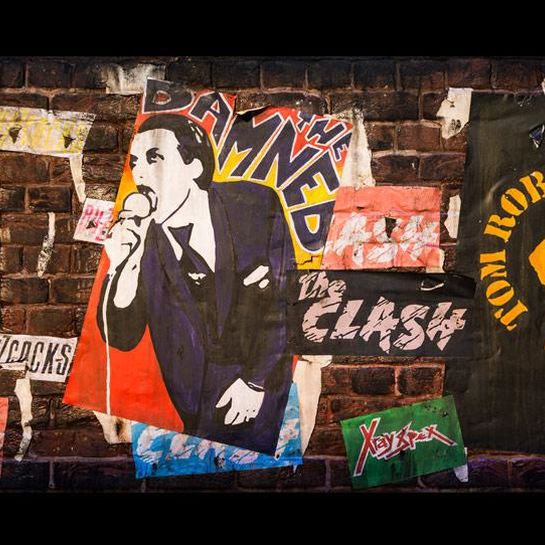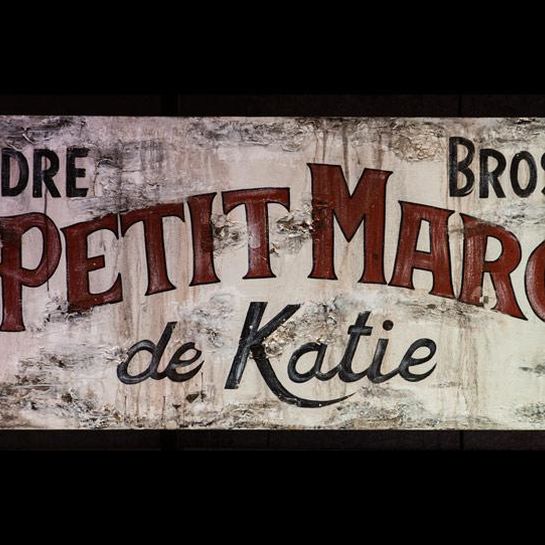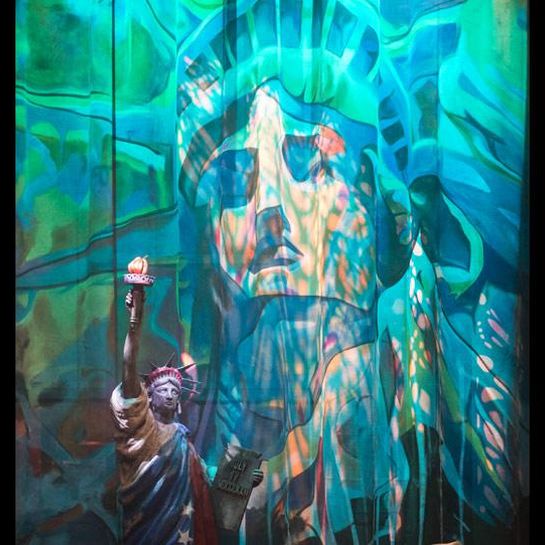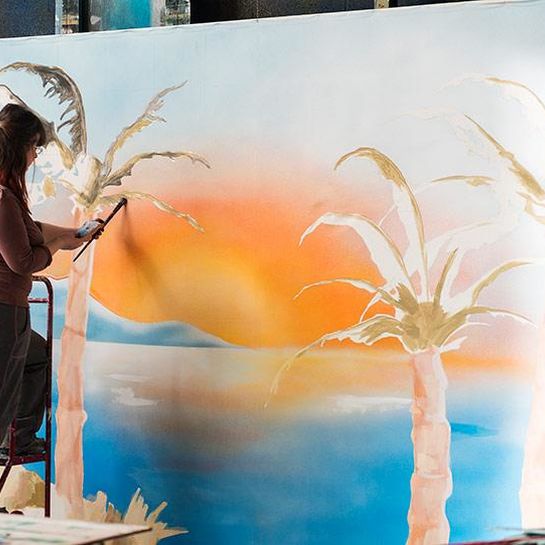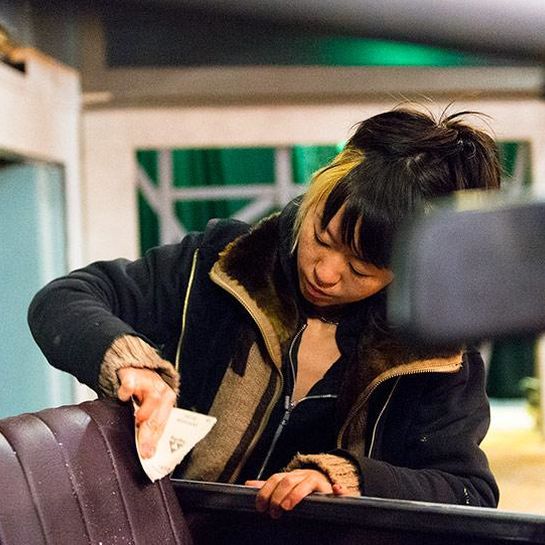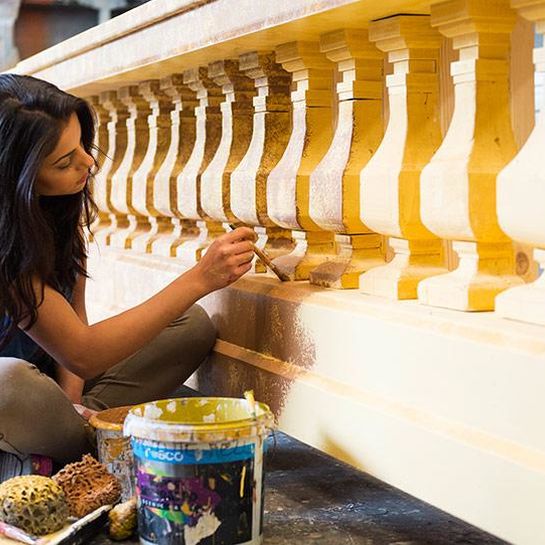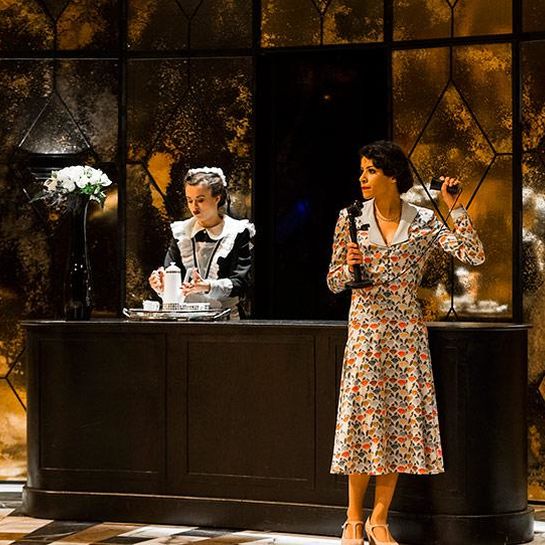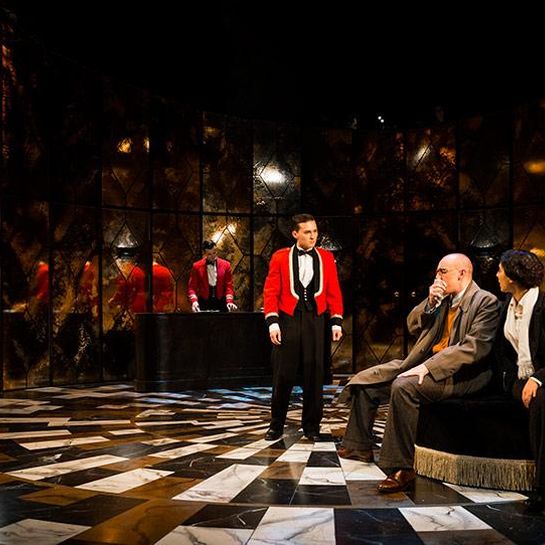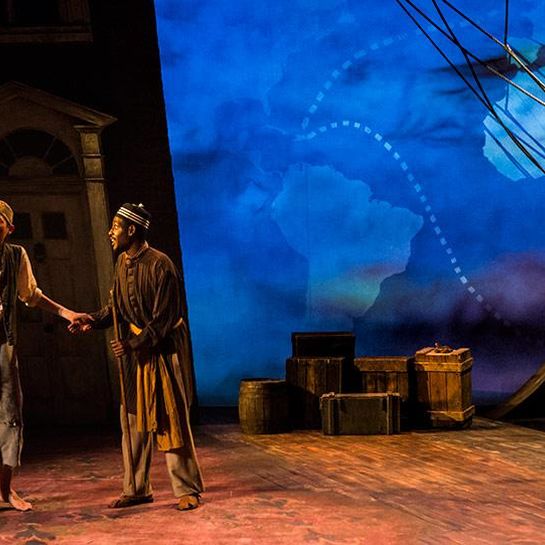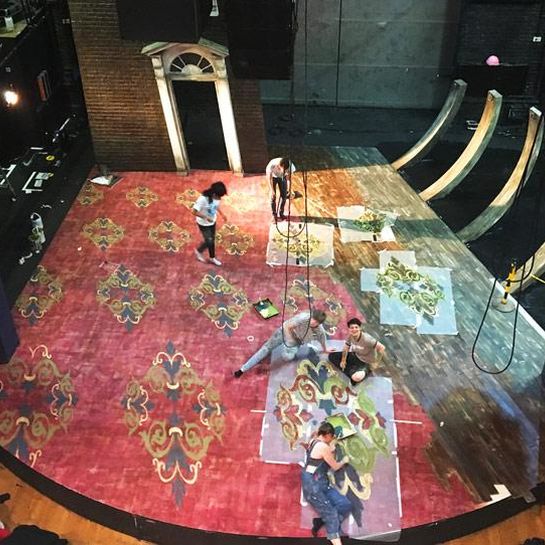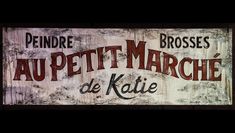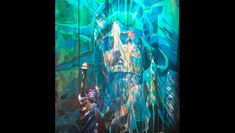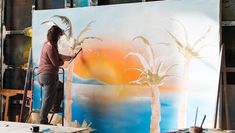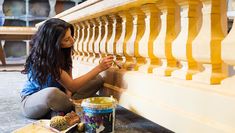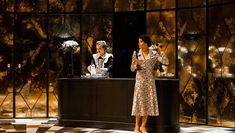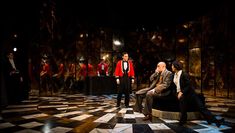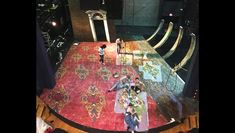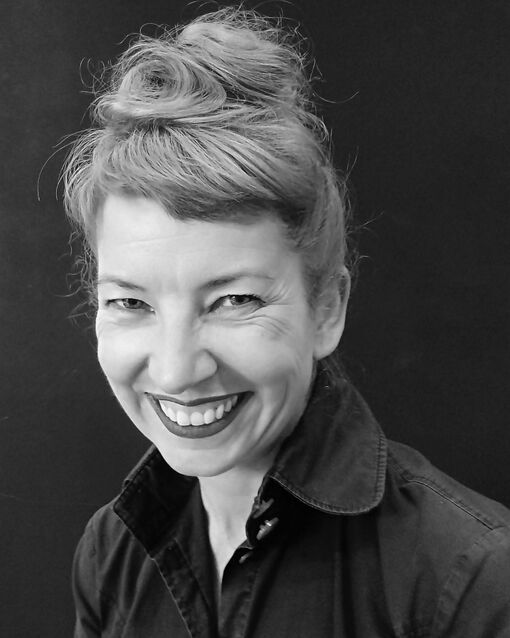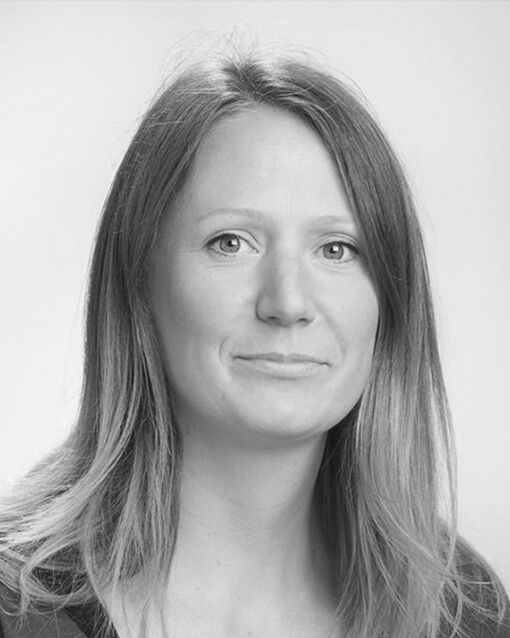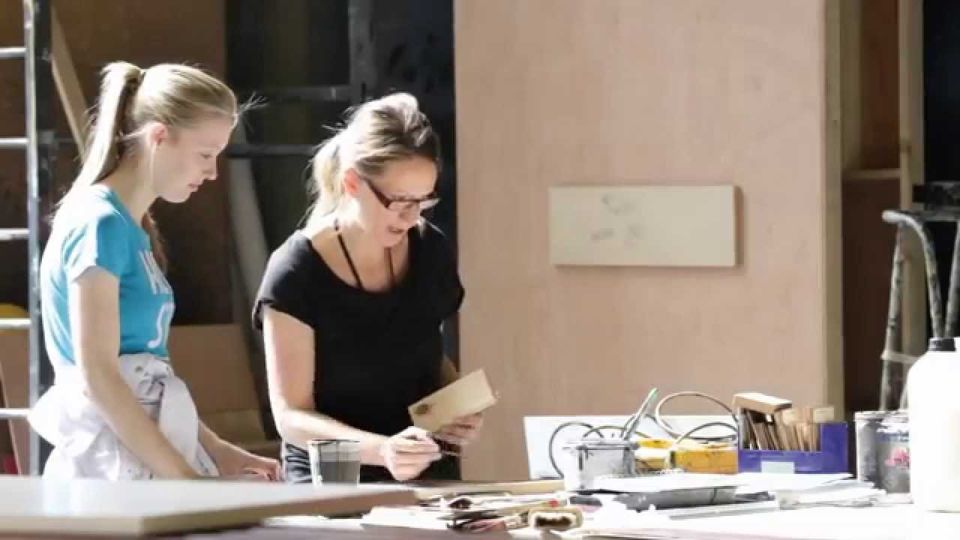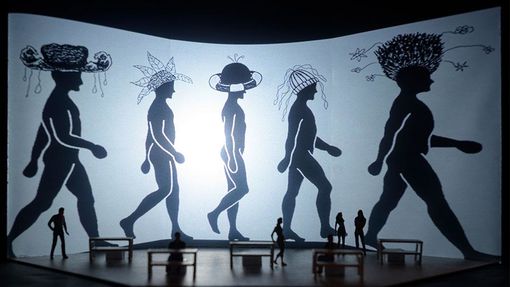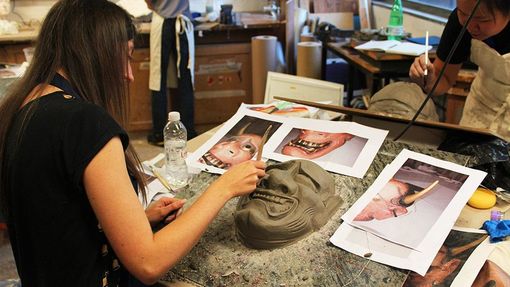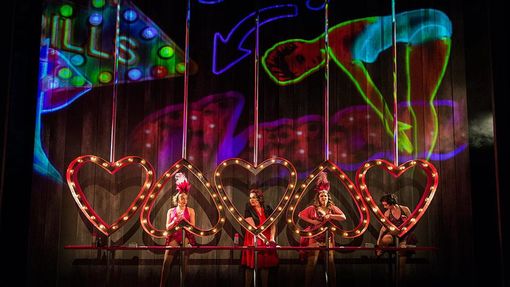Course information
UCAS code
Buttons
About this course
Studying on the Scenic Painting for Stage and Screen specialism of the BA (Hons) Theatre Practice degree course, you will:
- Undertake realisation of production designs to professional standards
- Develop techniques transferable to film, television, trade shows, theme parks and major live events
- Learn to interpret set designs – period or modern, abstract or representational
- Work with a range of materials, textures, finishes and effects
- Develop a high-level of technical competence and skills in research and interpretation
Scenic Artists are responsible for painting backdrops and set pieces for theatre, film, television and other modes of display.
The role of scenic artist requires excellent artistic skills, combined with the ability to work independently, or as part of a team, accurately and to deadlines, meeting design specifications agreed with the set designer or art director. On the Scenic Art specialism you will gain experience of working in a wide range of materials, textures, scenic finishes and effects enabling you to interpret the design to the level of finish expected by contemporary audiences.
Develop skills
You will gain experience of working in a wide range of materials, textures, scenic finishes and effects enabling you to interpret the design to the level of finish expected by contemporary audiences. You will develop skills in research, analysis and interpretation, working on both large and small-scale elements on a variety of surfaces and materials. You will learn techniques such as marbling, wood graining, lettering, spray gun and texturing, as well as gaining a good understanding of art history, period styles and architecture.
Work on our public productions
There will be the opportunity for you to develop excellent and comprehensive artistic and scenic skills as part of a scenic art team on public productions, working closely with students of other theatre disciplines, to contribute to the overall understanding of performance and theatre production.
The training will principally be in theatre, but these skills are widely transferable to different environments, including television, film, trade shows and major live events.
As the course progresses and your skills develop, your level of responsibility and involvement will increase. The project work that is chosen is negotiated to fit with the area(s) of the industry in which you are most keen to make your career.
Read Madeleine’s story on what inspired her to choose Scenic Art, Central, and professional opportunities the course has given her.
Second-year Entry
You can apply for second-year entry to this course if you have already undertaken first-year study at another institution on a relevant course, taken a HND and HNC qualification or have relevant experience. Please contact openevents@cssd.ac.uk to find out more
Accordion
-
Course Detail
Year 1: Workshops and classes
- Workshops and classes in colour theory, colour mixing, scaling-up, drawing, scenic art painting techniques, marbling, stained glass, hand painted wallpaper, wood graining, trompe l’oeil and lettering.
- Working with a professional designer to produce samples for a reproduction of an existing texture or fine art painting, and transcription of an image from a 1:25 scale onto a pre-prepared stage flat.
- You will contribute an engaged involvement working as part of a production team on a public production within a scenic art team.
Year 2: Developing skills
- Developing skills in spray painting, perspective, texture, architectural and figurative painting, trompe l’oeil painting, signwriting and learning and applying advanced painting techniques.
- Painting a cloth and/or gauze for a Central public production, or at a professional theatre.
- You will work in a professional context within the industry and have the opportunity to develop personal projects exploring techniques not covered by production work.
Year 3: Focus on professional development
- You will work as Head of Department on a full scale realised production in the Embassy Theatre or Webber Douglas Studio, managing other students painting scenery, textured floors and walls, and finishes on furniture or specific props.
- You will undertake a personal project or placement focused on a main area of expertise, as well as working in professional contexts, e.g. painting scenery for a West End show or regional theatre.
- You will participate in a public exhibition presenting your work to invited industry employers and others.
-
Industry Links & Placements
You will benefit from the established links the course has with some of the leading London-based freelance scenic artists.
Through placements in the second and third years, students have worked with scenic artists on West End productions such as the English National Ballet’s Nutcracker, Annie, Charlie And The Chocolate Factory, Love Never Dies, Grease, We Will Rock You, Singing In The Rain and Peter And Alice. Students have also regularly undertaken placements on productions at the National Theatre, the Royal Opera House, Salisbury Playhouse and Watford Palace Theatre.
Through links the course has established with other industries, such as window display, festivals, events and theme parks, students have been able to broaden their scope of skills and expertise working on a diverse range of projects.
Examples are painting the display ‘live’ in the windows of London’s well-known Conran Shop, The Bar Of Ideas for the Glastonbury Festival, Boom Town Fair, Alton Towers and Thorpe Park.
The course has links with established scenic studios, such as Harvey Nichol’s window dressing department, Rocket Scenery, Scott Fleary, Souvenir and Scena, where students have had the opportunity to work on television shows such as Friends Like These, QI, Ant & Dec, The All-Star Cup, The National Music Awards and the Olivier Awards.
Many opportunities arise through the network of graduates already well-placed in theatre and contacts made with the professional designers who work on public productions at Central.
-
Graduate Employment
Graduate employment and career pathways include:
Scenic Artist, on productions at:
- The Royal Opera House
- Young Vic
- Royal Court Theatre
- Shakespeare’s Globe
- Regent’s Park Open Air Theatre
- Glyndebourne
- Royal Shakespeare Company
- Louis Vuitton worldwide visual merchandising
- Buckingham Palace Garden Party
- Pitlochry Festival Theatre
- The Old Vic
- Watford Palace Theatre
- Pinewood Studios
- Alton Towers
- Queen’s Theatre Hornchurch
- Souvenir Scenic Studios
- Legoland
- Cobalt Studios New York
- Chessington World of Adventures
- Donmar Warehouse
- Unicorn Theatre
- Burning Windmills Pictures (Disney)
- The London Dungeon
- CBBC
- Sky TV
- Channel 4
- Samuelson Productions
- Ealing Studios
- Elle Decoration
- Thorpe Park Scenic Workshops.
Head of Design Realisation, Guildhall School of Music & Drama.
Display Manager, Harvey Nichols.
Resident Designer and Scenic Artist, The Mill at Sonning.
Founder members of companies
- Scene a Theme (designing themed rooms, murals and private fine art commissions)
- Barnickle Furniture (hand painted furniture, which has previously been exhibited at the Country Living Fair).
-
Notable Alumni
Ben Sumner (1977) Head of Design Realisation at Guildhall School of Music & Drama.
Christabel (Tink) Cant (2007) Scenic Artist at the Royal Shakespeare Company throughout 2014.
-
Recent Visiting Professionals
- Sue Dunlop
- Stuart Hall
- Natalie Perkins
- Janice Gorringe
- Adam Boon
- Leanne McDonald
- Jenny Knolt
- Mark Chapman
- Sarah Crane
-
Entry Requirements and Admissions
Minimum Entry Requirements
Our standard academic entry requirements range between 120 and 64 UCAS tariff points. As part of meeting these tariff points, we consider a range of qualifications including A Levels, BTECs, T Levels and many more. You can see how many tariff points your qualifications would gain on the UCAS Tariff Calculator. International qualifications and others not covered within the UCAS tariff can also be accepted. Please email us if you need further clarification.
Please note that we make lower offers (including unconditional) to exceptional candidates and those who have alternative or prior experience to offer. All candidates invited to interview are asked to bring a portfolio. Interview and portfolio are key factors in determining which applicants are accepted on to the course.
Admission with Academic Credit
For information on alternative entry requirements please see www.ucas.com.
Application Details
See How to Apply section for Undergraduate courses.
We particularly encourage applications from groups currently under-represented in higher education, such as students with disabilities and members of Black, Asian and Minority Ethnic groups. Find out more information on Central’s commitment to equality and diversity.
Interviews
Find out more about the interview process for this course.
International Interviews
Each year Central hosts a number of interviews outside of the UK, with a team of tutors from Central travelling to meet applicants. The international interviews are designed to replicate the London-based interview experience in every aspect (other than a tour of our site!). See our Event Finder for listings of upcoming interview locations and dates.
International Students
Visit the International Students section to view details of English language requirements for Central’s courses.
-
Tuition Fees, Bursaries and Scholarships
Tuition Fees for 2024 Entry
UK (Home) students: £9,250 per year*
Overseas students: £25,200 per yearPlease note that there may be additional costs that you need to incur as part of the training for the course.
Full information is available on the Tuition Fees and Additional Costs page.
Bursaries and Scholarships
Central offers a range of bursaries and scholarships. If you are holding an offer for a place on a course then you will be invited to apply for a bursary or scholarship.
UK-based undergraduate students who are applying for a student maintenance loan and have a household income under £35,000 will automatically be awarded our Access to Central Bursary.
*If you are a UK student but already hold a qualification at the equivalent or higher level to the one that you are applying for, then you may be classed as an ELQ student and be required to pay the same fee as an overseas student.
Student Feedback
“Lectures introduce you to many aspects of the industry on an intellectual level, while sessions on how to create CVs and how to start your own business help to prepare you for the nitty-gritty of becoming a professional. Undertaking work placements on the course gave me many opportunities to network with professionals and production companies.”
Robyn Kahn-Cleland
Graduated 2013, freelance scenic and mural artist. Commissions include Capital Scenery, Contemporary American Theater Festival and Utah Shakespeare Festival.
Staff On The Course
Kathrine Sandys is a scenographer, researcher and academic.
Carla Mardle is the course leader of the Scenic Painting for Stage and Screen within the BA (Hons.) Theatre Practice degree and a freelance practitioner in the scenic art industry.
UniStats Widget
Course Video
You may also be interested in
The course develops practitioners with a strong sense of direction and identity, and an ability to think conceptually. From the first year you undertake speculative design projects that will challenge and test ideas in a broad range of performance contexts, from text-based drama to opera, dance, site-specific performance and installations, under the guidance of professional directors, designers and choreographers.
The Prop Maker will work with designers and directors to produce bespoke items for individual requirements. It is rare to make the same thing twice, so the Prop Maker has to be ingenious, quick-thinking, explorative, dexterous, enjoy problem solving and have a love of materials and all things three-dimensional.
The Set Construction for Stage and Screen course is ideal for students seeking a creative arts-based career, including an interest in building with wood and metal.

